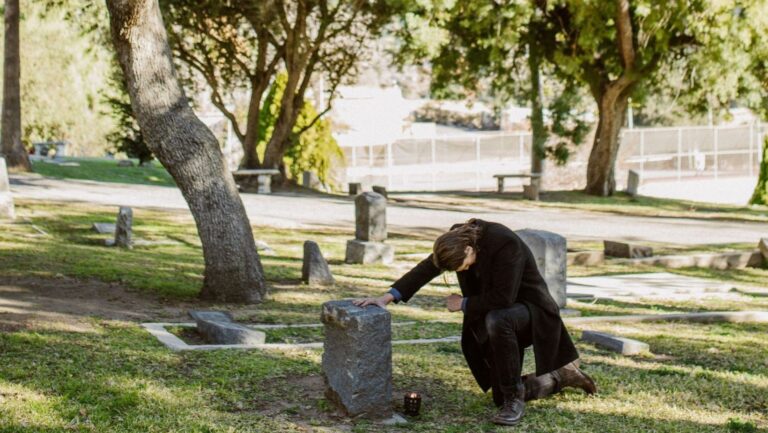Last Updated on December 26, 2024 by maria_isabel_2
It is always terrible to lose a loved one, but when someone else’s carelessness causes that person’s death, the anguish is exacerbated by confusion, anger, and a desire for justice.
In such difficult times, knowing your rights and the legal options available can help you seek accountability and, potentially, some degree of closure.
If you’ve lost a loved one due to someone else’s carelessness, you may need to look for a wrongful death attorney. These legal professionals specialize in cases where negligence leads to fatal outcomes.
Whether the responsible person owed the deceased a duty of care or whether their acts actually caused the death can be ascertained with the assistance of an experienced lawyer. They’ll navigate the complex legal process, gather evidence to prove negligence, and seek justice for the survivors. A committed wrongful death attorney can make all the difference in holding the irresponsible party responsible when you are dealing with such a tragic loss.
Why Legal Action May Be Necessary
Pursuing legal action isn’t just about financial compensation; it’s about justice and accountability. A wrongful death lawsuit may:
- Provide financial relief for medical bills, funeral expenses, and loss of income.
- Highlight systemic issues, such as unsafe practices or improper training, and help prevent future tragedies.
- Hold individuals, corporations, or entities accountable for their negligence.
- While no legal action can undo the loss, it can provide a sense of resolution for grieving families and loved ones.
Who Can File a Wrongful Death Claim
Close family members, including spouses, children, and, in certain situations, the deceased’s parents, are usually eligible to pursue a wrongful death claim.
Eligibility varies by jurisdiction. Some states may also allow extended relatives or individuals who depended on the deceased financially to file claims.
Consulting an attorney experienced in wrongful death cases is crucial to understanding who is eligible to act and ensuring that all necessary legal procedures are followed.
The Role of Evidence in Proving Negligence
Strong evidence is vital to proving negligence in a wrongful death case. This might include:
- Medical records, autopsy reports, or safety inspection documents.
- Eyewitness accounts or expert testimonies.
- Photos, videos, or documentation showing unsafe conditions or reckless behavior.

Gathering this evidence often requires cooperation with investigators, experts, and legal professionals, as building a solid case takes time and precision.
Time Limits for Filing a Claim
Every jurisdiction imposes a statute of limitations for filing a wrongful death lawsuit. These deadlines can range from one to several years, depending on your location and the specifics of the case. It is crucial to move quickly because if you miss this time, you may lose your ability to take legal action.
Emotional Challenges During the Legal Process
Engaging in a legal battle while mourning a loved one can be emotionally draining. Families may find it difficult to relive the events surrounding the death, but support from compassionate legal professionals and counselors can help ease this burden.

Understanding the process step by step can also make it less overwhelming.
Conclusion
If you’ve lost a loved one due to negligence, remember that you have the right to seek accountability. While the legal process may seem daunting, it is designed to provide a pathway for justice and prevent similar tragedies.
Knowing your local laws, obtaining evidence, and consulting a professional can help you honor your loved one’s memory and hold those responsible accountable for their actions.


